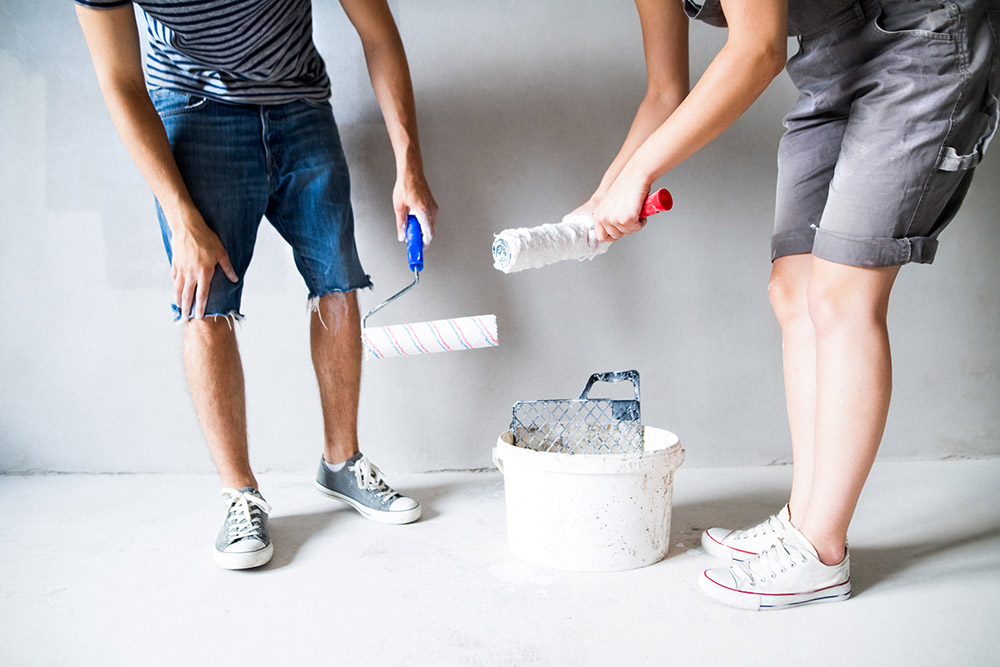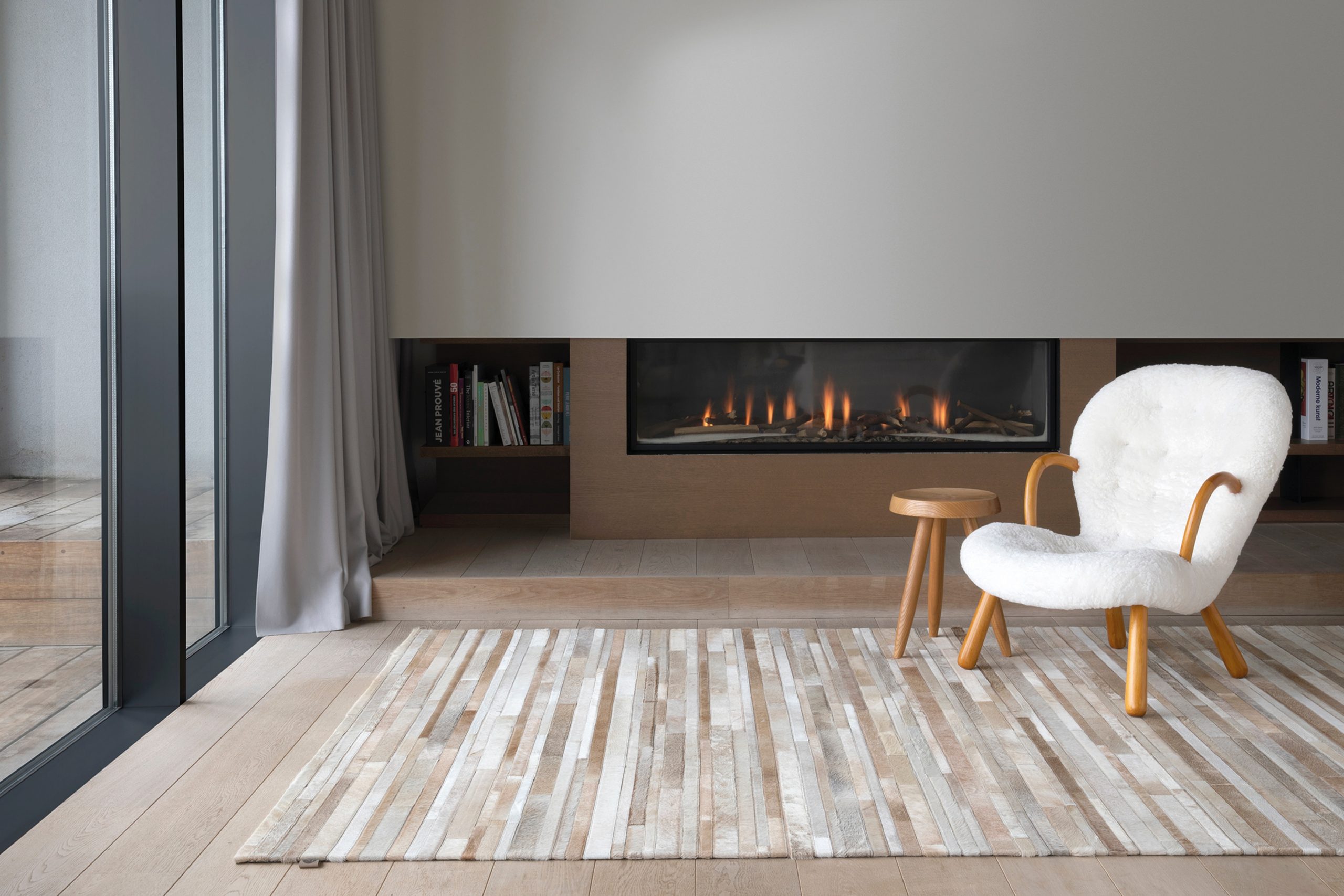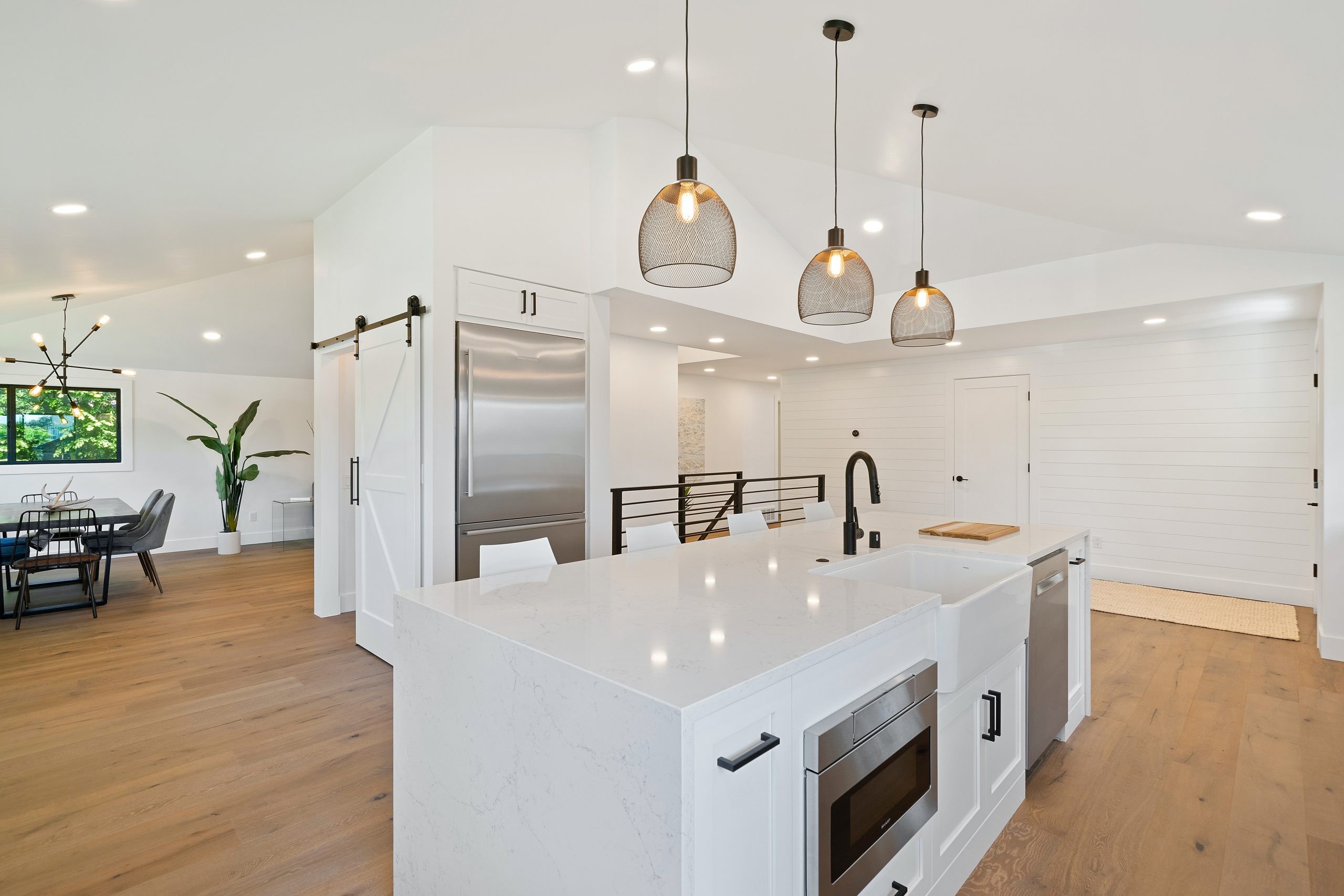One of the most common mistakes made by property investors when completing their annual tax return is confusing repairs, maintenance and improvements. It’s important to understand and distinguish each deduction in order to correctly lodge your claim and maximise your tax refund.
According to the Australian Taxation Office (ATO), repairs are considered work completed to fix damage or deterioration of a property, such as replacing part of a damaged fence. This occurs when an asset is already damaged or deteriorated and therefore requires repairing.
Maintenance, on the other hand, is work completed to prevent damage or deterioration of an asset. For example, oiling a deck is considered maintenance as it helps to preserve the quality of the property and prevent future corrosion.
Any costs incurred to repair or maintain your investment property can be claimed as an immediate tax deduction in the year of the expense. However, the ATO specifies that initial repairs for damage that existed when the property was purchased are not immediately deductible. Instead these costs are used to work out your capital gain or capital loss when you sell the property.
A capital improvement occurs when the condition or value of an item is enhanced beyond its original state at the time of purchase. This must then be classified as either a capital works deduction or as plant and equipment depreciation. Capital works refers to the deductions available for the building’s structure and items deemed to be permanently fixed to it such as bricks, mortar, sinks and basins. While plant and equipment assets are items which can be easily removed from the property such as carpet, blinds and light fittings.
Knowing the difference between repairs, maintenance and capital improvement deductions is particularly important when renovating.
For example, you might decide to renovate the bathroom in your rental property. Retiling the bathroom would be deemed as a capital improvement and can be claimed as a capital works deduction. Residential homes in which construction commenced after 15th September 1987 are eligible to claim capital works deductions at a rate of 2.5 per cent over forty years.
If you decide to replace a light fitting in the bathroom, this will be claimed as a plant and equipment asset and can be deducted based on the asset’s effective life. If the purchase was less than $300 it will be 100 per cent tax deductible in the year the expense was incurred.
If you fix a crack in the plaster, this will be considered a repair as you are restoring a damaged asset. You’re entitled to claim an immediate deduction for any expenses involved.
Property investors completing renovations should also be aware of legislation introduced in 2017. The legislation stipulates that investors who purchased property after 7:30pm on the 9th of May 2017 are unable to claim deductions for the decline in value of previously used plant and equipment found in second-hand residential properties. If an investor lives in their rental property while renovating, any newly installed assets will be classed as previously used. Therefore, the investor is potentially risking their tax benefits.
If a property is considered to have been substantially renovated by the previous owner for selling purposes, then an investor can claim depreciation on the new plant and equipment assets along with any new or old qualifying capital works deductions available.
Given the complexities, investors considering renovations should contact a specialist quantity surveyor for advice before completing any work.
To discover what can be claimed for your investment property, simply Request a Quote or speak with the expert team at BMT on 1300 728 726.
Article provided by BMT Tax Depreciation.




